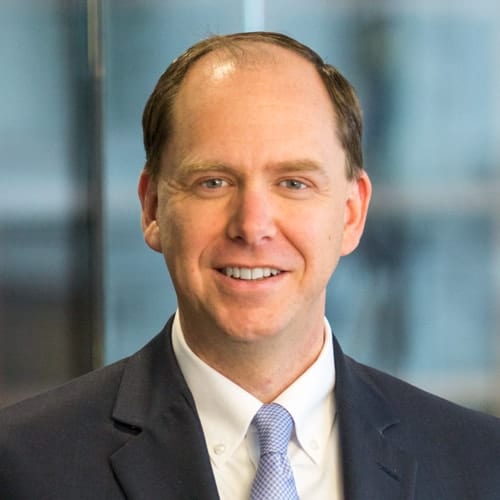Originally published by Newsmax.
The recent Supreme Court decision in Masterpiece Cakeshop v. Colorado Civil Rights Commission has been widely understood to be a narrow one. Not that it was not significant. The 7-2 majority decision roundly condemned the Colorado Civil Rights Commission’s denigration of the religious beliefs of Jack Phillips, the baker in the case who had offered to sell baked goods to all comers but drew the line at creating a wedding cake for a same-sex wedding.
The sense that the decision was narrow was based on the impression that the decision would not have a broad impact on future disputes. If the court’s holding was confined to government actions that openly denigrated religious beliefs, that might be the case, since
Recently, however, the court has taken another action that suggests the Masterpiece Cakeshop decision might not be as narrow as previously believed. It may, in fact, have significance for other situations. On January 25, the court directed the Washington Supreme Court to reconsider a decision in a similar case involving a florist. The florist, who had previously served gay customers, declined to create a wedding flower arrangement for a same-sex wedding for religious reasons. The state aggressively pursued legal action against the florist, Barronelle Stutzman, and the state Supreme Court upheld a lower court ruling that she was guilty of discrimination.
That decision was appealed to the U.S. Supreme Court, which vacated the decision and sent the case back to the Washington Supreme Court to reconsider the case in light of Masterpiece Cakeshop. This gives the florist’s attorneys a chance to demonstrate any denigration of her religious beliefs by the state.
The Washington court should carefully consider this portion of the Masterpiece Cakeshop decision that speculates on the kinds of scenarios where the state might infringe on the religious liberty of a business owner: “A baker’s refusal to attend the wedding to ensure that the cake is cut the right way, or a refusal to put certain religious words or decorations on the cake, or even a refusal to sell a cake that has been baked for the public generally but includes certain religious words or symbols on it are just three examples of possibilities that seem all but endless.” This passage provides important additional guidance because it notes that there are ways in which the state may compel actions that impede religious practice.
The Masterpiece Cakeshop decision could be a first step to a broad recognition that religious and other expression deserves protection against even well-meaning government actions.
More Insights
Related Articles
Defending Ideas reaches 100 episodes
We review some of the best moments of Defending Ideas and why the conversations have been so important.
Congratulations to the High School Class of 2025
Graduates should make this summer one filled with moments of freedom and experiences that may help them find moments of awe.
We reviewed all Utah school districts’ curriculum transparency efforts. Here’s what we found
Publishing curriculum information is not simply another checklist item or burden on administrators; it is a significant force multiplier that can improve parent-teacher relations and foster trust.
Connect with Sutherland Institute
Join Our Donor Network
Sed ut perspiciatis unde omnis iste natus error sit voluptatem accusantium doloremque
Follow Us
Sed ut perspiciatis unde omnis iste natus error sit voluptatem accusantium doloremque



